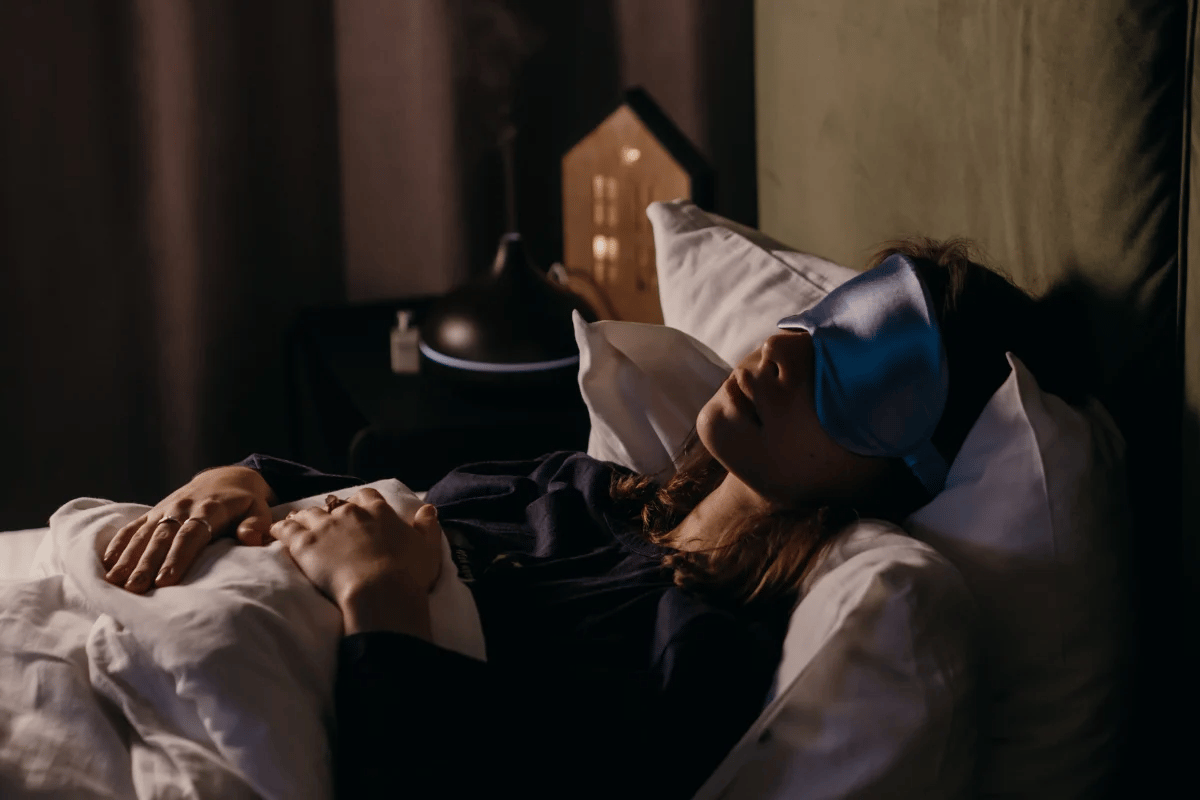
Welcome to Mamamia's Well Fact Sheets, where leading experts provide clear, evidence-based information on the topics that matter most to women's health. Each month, we cut through the noise and misinformation to deliver straightforward facts and practical advice you can trust.
Here, we're tackling the full spectrum of women's health concerns — from fertility and sleep to mental wellbeing, skin health, and essential health checks.
Consider this your go-to resource — a place that puts you in control of your wellbeing. Because when we understand our bodies better, we can advocate more effectively for ourselves in healthcare settings and make choices that support our overall health.
A good night's sleep is something we all crave, and the benefits of sleep to our cognition, mood and physical health are immense.
Quality sleep allows our brains to commit learning to memory, our muscles to recover, our immune system to replenish, our cardiovascular system to rest and our hormones to regulate.
The amount of sleep we need changes with age: school-age children are recommended to get at least nine hours of sleep a night, teens are between eight and ten, and adults are advised to have eight to nine hours.
Yet many of us struggle to get the required amount of sleep each day and disturbances to sleep are common.
Listen: Helpful sleep advice from a GP. Post continues below.
The information below provides an understanding of sleep cycles, gives tips on sleep hygiene and provides practical strategies for falling asleep and staying asleep through the night.





























































































